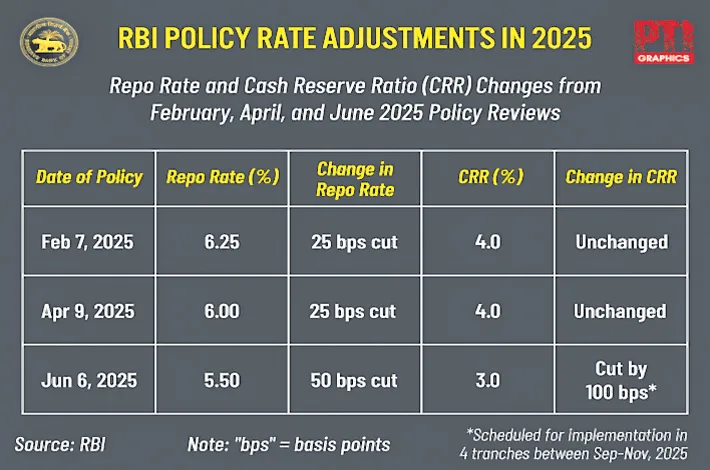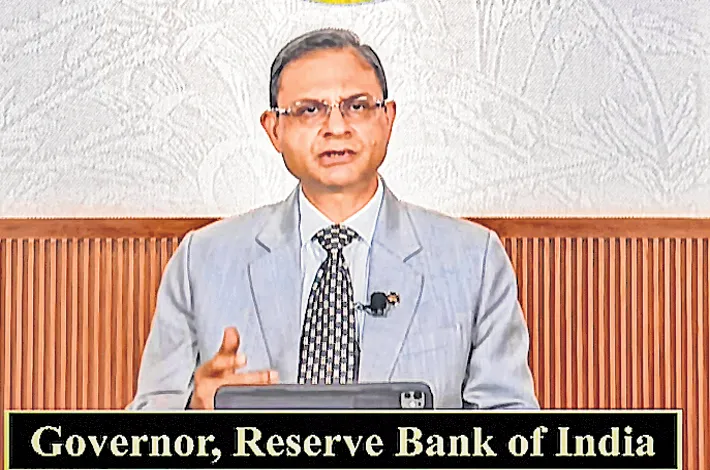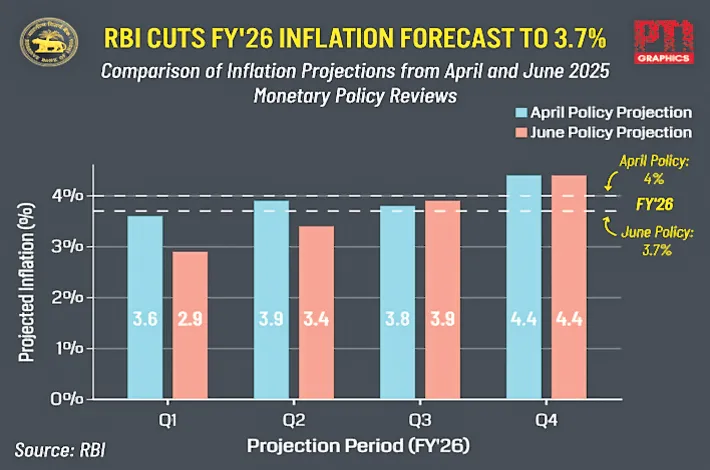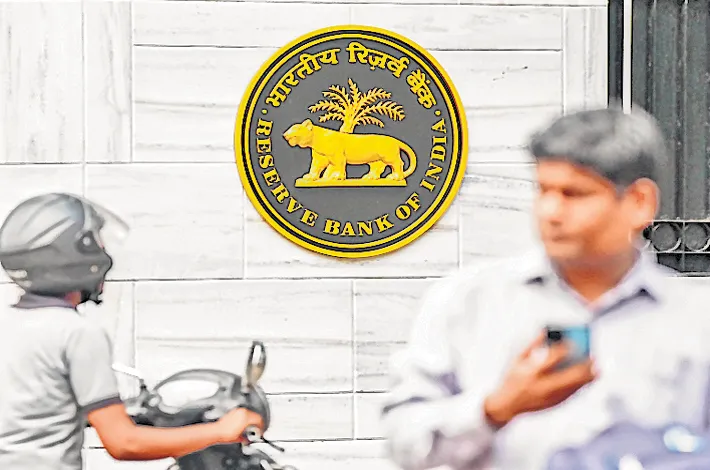A Melody of Hearts
04-06-2025 12:00:00 AM

I Days turned into weeks, and their coffee date became a series of meetups—at music stores, quiet cafes, and even a local temple festival where a young violinist played Raga Kalyani. Aditya was smitten by Anuradha’s spontaneity, the way she could find beauty in the smallest things—a stray melody, a fleeting sunset.
Anuradha admired Aditya’s depth, his ability to listen, and the way his eyes softened when he spoke of music or his dreams the balmy November evening of Hyderabad, the Shilpakala Vedika auditorium hummed with anticipation. The air was thick with the scent of jasmine garlands and the soft murmur of Carnatic music enthusiasts awaiting the performance of the renowned vocalist JS Sreeram.
Among the crowd were Aditya, a 25-year-old software engineer with a quiet passion for classical music, and Anuradha, a 24-year-old graphic designer whose heart danced to the rhythms of ragas. Their paths, yet unknown to each other, were about to intertwine in a symphony of serendipity.
Aditya arrived early, clutching a single ticket he’d booked months in advance. His love for Carnatic music was a private escape from the monotony of coding and deadlines. Dressed in a simple kurta, he found his seat in the third row, his eyes scanning the stage where a tanpura’s drone was already setting the mood.
Anuradha, meanwhile, was running late. Her auburn dupatta fluttered as she hurried through the entrance, her sketchbook tucked under her arm. She had been dragged to the concert by her cousin but was secretly thrilled—she adored JS Sreeram’s soulful renditions. Her seat, by a twist of fate, was right beside Aditya’s.
As the lights dimmed and Sreeram’s voice filled the hall with the opening notes of Raga Hamsadhwani, Anuradha slid into her seat, apologizing softly. Aditya glanced at her, caught off guard by her bright eyes and the way her fingers tapped the rhythm on her sketchbook. She caught his glance and smiled, a fleeting moment that felt like a note held just a second longer. They didn’t speak, but the music wove an invisible thread between them, their breaths syncing with the alaap.
During the intermission, the crowd spilled into the lobby, buzzing with praise for Sreeram’s performance. Aditya, usually reserved, found himself lingering near the refreshment counter where Anuradha stood, debating whether to buy a cup of filter coffee. “You seemed completely lost in the music,” he ventured, surprising himself with his boldness. Anuradha turned, her eyes lighting up. “Oh, I was! That transition to Raga Behag was magical, wasn’t it?” Her enthusiasm was infectious, and soon they were deep in conversation about their favorite ragas, Sreeram’s vocal techniques, and the nuances of Carnatic music.
Aditya learned that Anuradha was a self-taught artist who found inspiration in music for her designs. She spoke animatedly, her hands sketching invisible patterns in the air. Anuradha discovered that Aditya, despite his tech-heavy life, had learned the veena as a teenager and still played it to unwind. Their conversation flowed effortlessly, punctuated by laughter and shared excitement. When the bell signaled the end of the intermission, they exchanged numbers, promising to continue their discussion over coffee someday.
Days turned into weeks, and their coffee date became a series of meetups—at music stores, quiet cafes, and even a local temple festival where a young violinist played Raga Kalyani. Aditya was smitten by Anuradha’s spontaneity, the way she could find beauty in the smallest things—a stray melody, a fleeting sunset. Anuradha admired Aditya’s depth, his ability to listen, and the way his eyes softened when he spoke of music or his dreams. Their bond grew, rooted in shared passions but blossoming through their differences—she was fire, he was calm; she was color, he was rhythm.
One evening, Aditya invited Anuradha to his apartment for a home-cooked meal. Nervous but determined, he spent the day perfecting his mother’s recipe for biryani. Anuradha arrived with a small painting she’d made—a vibrant depiction of a Carnatic concert, inspired by the night they met.
Over dinner, they shared stories of their childhoods, their fears, and their hopes. As the night grew quiet, Aditya picked up his veena and played a soft rendition of Raga Yaman, its notes weaving a spell around them. Anuradha watched, her heart swelling with a feeling she hadn’t named yet.
“I think I’m falling for you,” she blurted out as the last note faded. Aditya froze, his fingers still on the strings. Then, with a shy smile, he said, “I’ve been falling since the moment you sat next to me at the concert.” They laughed, the tension melting into warmth. That night, under a starlit Hyderabad sky, they shared their first kiss, the world around them fading into a soft, unspoken melody.
Their love grew like a raga—slowly at first, then bursting into intricate patterns. They faced challenges, of course—Aditya’s long work hours, Anuradha’s occasional impulsiveness—but they learned to navigate them together, their trust deepening like a well-composed kriti. On their first anniversary, Aditya surprised Anuradha with tickets to another JS Sreeram concert.
As they sat in the same auditorium where they’d met, holding hands, Sreeram’s voice soared into Raga Bhairavi, a raga of longing and fulfillment. Anuradha leaned into Aditya, whispering, “This is where it all began.” He squeezed her hand, replying, “And where it’ll always be.”
Their story wasn’t just about love; it was about finding harmony in each other’s worlds, a duet that promised to play on, note by perfect note








